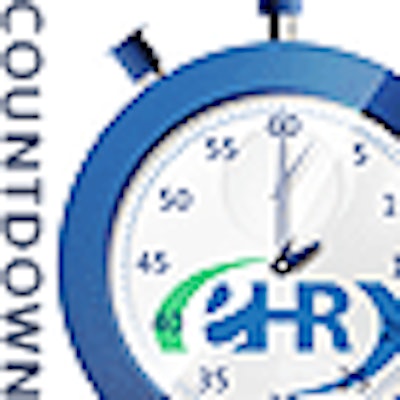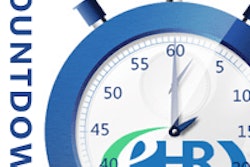
Starting in 2014, are federal agents really going to raid you in the middle of the night and shut your practice down if you haven't implemented electronic health records (EHRs)? Or maybe they will just levy immense fines and penalties for EHR noncompliance.
 Healthcare IT expert Michael Uretz.
Healthcare IT expert Michael Uretz.
Actually, neither scenario is true. So what is all the fuss about a federal EHR mandate?
Having been involved with the federal EHR meaningful use incentive program from day one as a member of various national advisory committees, I find it interesting that a program that financially rewards practices for using EHRs and reduces some of the Medicare payments to practices for noncompliance has somehow morphed into a dental federal mandate.
Here's how this program relates to dental practices: If a practice treats at least 30% Medicaid patients, then it is eligible for up to $63,750 per dentist, spread out over six years, for acquiring certified EHR technology and using it in a "meaningful" way. The first $21,250 is paid out the first year just for acquiring certified EHR technology. However, various criteria for using a certified EHR have to be met in order to receive the additional reimbursement money.
Certified EHR requirements
I'm sure many of you are thinking that since you don't receive 30% of your revenue from Medicaid, then why get a certified EHR. Well, do you value good patient care? The reduction of liabilities? The ability to efficiently communicate with your referral partners? Or perhaps you would value reducing errors in your coding and increasing cash flow?
Regardless of whether you are eligible to receive meaningful use reimbursement, if you are looking at implementing an EHR system in your practice, you need to know about some important features that are required of a certified EHR. These include the following:
- Maintaining up-to-date problem and medical history lists
- Automatically updating an active medication list and providing for medication reconciliation
- Drug-drug and drug-allergy checking
- Ability to electronically send and receive chart information between both dental and medical members of the patient's care team, including specialists and primary care providers
- Automatically sending reminders to patients for preventive and follow-up care
- Providing electronic patient education at the point of care
EHR loopholes for dentists
There has been concern in the dental industry that, when it comes to EHRs, the federal government hasn't addressed dental-specific features and functionality but instead has focused more on medical EHR criteria. If that is the case, then how can dentists who implement an EHR system ensure that they will qualify for the meaningful use incentive monies?
The answer is that those dentists who are Medicaid-eligible do have the ability to apply for exclusions from various criteria. For example, if you do only a small number of prescriptions, then you could be excluded from the electronic prescribing requirement. Or, as a dentist you could be excluded from the requirements report on the medical clinical measure of hypertension in your patient population.
Do many dental software vendors have EHR certification (more commonly known as the Office of the National Coordinator for Health Information Technology's Authorized Testing and Certification Body [ONC-ATCB] certification)? Not really, although some have entered into partnerships with certified medical EHR vendors. But, if the explosive growth of certified vendors in the medical EHR industry during the past two years is any indication of where this will go in the dental industry, then I believe you will see more and more dental software vendors moving toward certification.
Even if a dental software vendor doesn't have a large number of 30% Medicaid practices to service, just having the ONC-ATCB certification can be a marketing advantage, because most practices are still confused as to what constitutes a legitimate dental EHR system. And having someone else -- such as the ONC testing centers -- do the legwork can be of great value.
So whether you are eligible for the $63,750 per dentist reimbursement or just need to run your clinical operations more efficiently, reduce errors, and improve patient care, it is worthwhile to consider certified EHR technology.
Mike Uretz is founder and executive director of DentalSoftwareAdvisor.com. He is now applying his 10 years of knowledge and experience with electronic health records and health IT to the dental industry to introduce dentists to software best practices and help them avoid the pitfalls experienced by other healthcare professionals. Uretz is also director of the EHR Group.



















